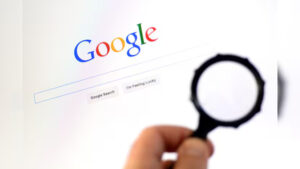AI pioneers from Google spark nobel prize debate

The recent Nobel Prizes awarded to AI pioneers associated with Google, like Demis Hassabis and Geoffrey Hinton, have stirred debate concerning the interface of AI research and traditional scientific subjects. Hassabis and John Jumper earned the chemistry prize for protein structure predictions, while Hinton got the physics prize for contributions to machine learning. Critics claim that while their work is innovative, its classification in chemistry and physics is unorthodox, implying a lack of adequate recognition categories for AI and computer science advances.
In 2024, the Nobel Prizes in chemistry and physics sparked debate as Google AI pioneers such as Demis Hassabis and Geoffrey Hinton were recognized for their efforts. Hassabis got the chemistry prize for AI-driven protein structure prediction, and Hinton won the physics prize for advances to machine learning. These prizes have raised controversy about the appropriateness of recognizing AI research in traditional categories.
Some claim that the lack of Nobel categories for computer science and AI has resulted in this unusual acknowledgment. The argument focuses on the changing role of AI in scientific advancement, as well as the difficulties of integrating cutting-edge technology into established recognition frameworks.
The lack of distinct categories for AI or computer science in the Nobel framework highlights the limitations of long-standing awards in addressing new breakthroughs. As artificial intelligence reshapes domains such as biology and physics, there is a rising demand for new techniques to recognize these advancements. Notable scientists say that, while AI advances are excellent, they do not fit cleanly into the existing Nobel categories, raising concerns about how science awards should evolve.
Google’s DeepMind, where Hassabis and Jumper work, has been key in applying AI to scientific challenges. Their AlphaFold software, which reliably predicts protein shapes, has been heralded as a biological breakthrough. Much of today’s AI revolution can be traced back to Hinton’s work, which laid the groundwork for neural networks and deep learning. However, categorizing these successes inside established scientific categories is prompting calls for a rethinking of how such discoveries are recognized globally.



